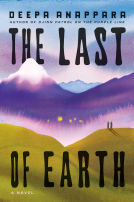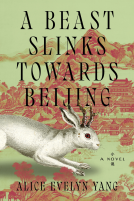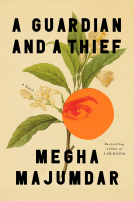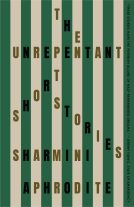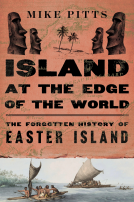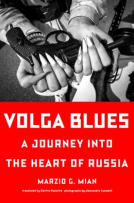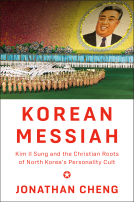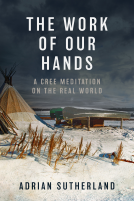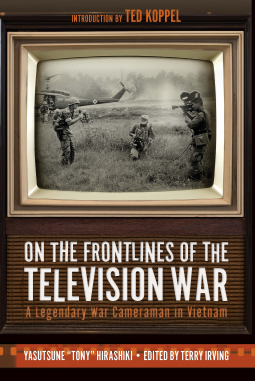
On the Frontlines of the Television War
A Legendary War Cameraman in Vietnam
by Yasutsune "Tony" Hirashiki
This title was previously available on NetGalley and is now archived.
Send NetGalley books directly to your Kindle or Kindle app
1
To read on a Kindle or Kindle app, please add kindle@netgalley.com as an approved email address to receive files in your Amazon account. Click here for step-by-step instructions.
2
Also find your Kindle email address within your Amazon account, and enter it here.
Pub Date Mar 13 2017 | Archive Date Apr 05 2017
Casemate Publishers | Casemate
Description
“Tony Hirashiki was simply one of the best television cameramen to cover the Vietnam War. His soaring video, often acquired only at great personal risk, gave wings to even the most mundane narration. For those of us who worked with him he was also a source of gentleness and joy in a place where both were in terribly short supply.” - Ted Koppel, Former Nightline anchor ABC
On The Frontlines of the Television War is the story of Yasutsune "Tony" Hirashiki's ten years in Vietnam—beginning when he arrived in 1966 as a young freelancer with a 16mm camera but without a job or the slightest grasp of English and ending in the hectic fall of Saigon in 1975 when he was literally thrown on one of the last flights out.
His memoir has all the exciting tales of peril, hardship, and close calls as the best of battle memoirs but it is primarily a story of very real and yet remarkable people: the soldiers who fought, bled, and died, and the reporters and photographers who went right to the frontlines to record their stories and memorialize their sacrifice. The great books about Vietnam journalism have been about print reporters, still photographers, and television correspondents but if this was truly the first “television war,” then it is time to hear the story of the cameramen who shot the pictures and the reporters who wrote the stories that the average American witnessed daily in their living rooms.
An award-winning sensation when it was released in Japan in 2008, this book been completely re-created for an international audience. In 2008, the Japanese edition was published by Kodansha in two hardback volumes and titled "I Wanted to Be Capa." It won the 2009 Oya Soichi Nonfiction Award-a prize usually reserved for much younger writers—and Kodansha almost doubled their initial print run to meet the demand. In that period, he was interviewed extensively, a documentary was filmed in which he returned to the people and places of his wartime experience, and a dramatization of his book was written and presented on NHK Radio. A Kodansha paperback was published in 2010 with an initial printing of 17,000 copies and continues to sell at a respectable pace.
"Tony Hirashiki is an essential piece of the foundation on which ABC was built. From the day he approached the Bureau Chief in Saigon with a note pinned to his shirt saying he could shoot pictures to the anxious afternoon of 9/11 when we lost him in the collapse of the Twin Towers (and he emerged covered in dust clutching his precious beta tapes,) Tony reported the news with his camera and in doing so, he brought the truth about the important events of our day to millions of Americans." David Westin, Former President of ABC News
A Note From the Publisher
PDF VERSION ONLY
Yasutsune "Tony" Hirashiki was an ABC News cameraman from 1966 to 2006. In those four decades he became legendary, consistently known as the best cameraman in the company and certainly the guy you wanted next to you if you were walking into danger. During his time in Vietnam, he was present at virtually every major event. Since then he has worked in danger zones around the world.
Terry Irving probably carried some of Tony's newsfilm in the early 1970s when he was a motorcycle courier for ABC News. He then went into a career in TV news, spending four decades covering news in war zones like Beirut, South Africa, and El Salvador; tragic disasters from Indonesia to New Orleans; and political stories across the US. He has earned a number of awards including: 4 National Emmy Awards, 3 Peabody Awards for Significant and Meritorious Achievement, and 4 Columbia University DuPont Awards (including the first ever gold baton awarded.)
Yasutsune "Tony" Hirashiki was an ABC News cameraman from 1966 to 2006. In those four decades he became legendary, consistently known as the best cameraman in the company and certainly the guy you wanted next to you if you were walking into danger. During his time in Vietnam, he was present at virtually every major event. Since then he has worked in danger zones around the world.
Terry Irving probably carried some of Tony's newsfilm in the early 1970s when he was a motorcycle courier for ABC News. He then went into a career in TV news, spending four decades covering news in war zones like Beirut, South Africa, and El Salvador; tragic disasters from Indonesia to New Orleans; and political stories across the US. He has earned a number of awards including: 4 National Emmy Awards, 3 Peabody Awards for Significant and Meritorious Achievement, and 4 Columbia University DuPont Awards (including the first ever gold baton awarded.)
Advance Praise
"This is a particularly important book for Americans to read."
- Ted Koppel
"If I could choose only one book about Vietnam, it would be Tony Hirashiki's story. He brings you in intimate contact more than anyone else with the grunts who fought this war and the guys who reported it!"
- Kurt Volkhert, CBS Cameraman and Producer
Marketing Plan
• Trade, library and direct-audience review mailing to local, regional and national publications
• Catalog and website advertising
• Direct-mail and internet promotion
• Simultaneous launches in the US and UK
• Sales presentations to all major chain stores, select local bookstores, national catalog booksellers and book clubs
Available Editions
| EDITION | Hardcover |
| ISBN | 9781612004723 |
| PRICE | $32.95 (USD) |
Average rating from 6 members
Readers who liked this book also liked:
James McBride
General Fiction (Adult), Historical Fiction, Literary Fiction
Sean Sherman; Kate Nelson; Kristin Donnelly
Cooking, Food & Wine, History, Multicultural Interest
Alice Evelyn Yang
General Fiction (Adult), Literary Fiction, Sci Fi & Fantasy
Pelumi Olatinpo
Essays & Collections, Multicultural Interest, Politics & Current Affairs
Sharmini Aphrodite
Literary Fiction, Multicultural Interest, Novellas & Short Stories

